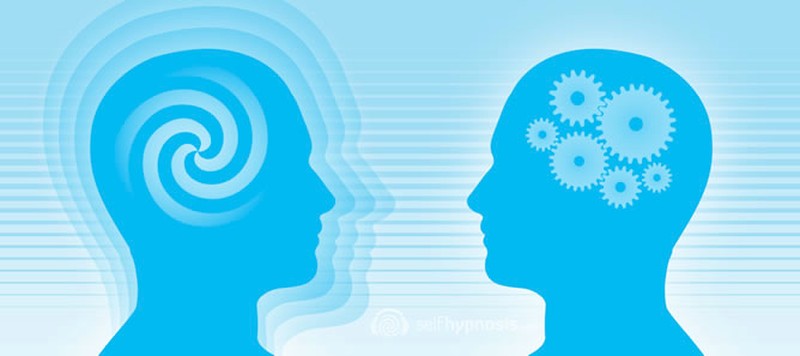The nerves perform a major function of collecting signals from various body parts and transmitting them to the brain for interpretation and response. Therefore, if you drop a heavy object on your leg, the nerves will quickly collect the signal and send it to the brain. The brain will interpret the signals as pain, and you will respond by jumping or holding the injured part. However, if the nerves start misbehaving, they can send the pain signals to the brain; even when you are not experiencing pain, you will suffer from neuropathic pain Austin. Here we will evaluate the pain and its major causes.
Symptoms of Neuropathic Pain
- Shooting pain
- Burning
- Hypersensitivity
- Tingling
- Numbness
- Itching
- Weakness
What Causes Neuropathic Pain?
You might be experiencing shooting pain either throughout or sporadically, and you might be wondering what can be causing it. Once you understand what causes the pain, you will understand why your doctor recommends some treatment options. Some of the causes include vitamin B deficiency, facial nerve issues, and arthritis in the spine. Other possible causes of neuropathic pain include;
- Diseases
You might have multiple conditions such as multiple sclerosis or multiple myeloma that cause you to experience the pain. Even some forms of cancer can trigger your nerves to malfunction. Research has proved that chronic diabetes contributes to a third of neuropathic pain. If you take excessive alcohol daily, your nerves will eventually fail.
- Previous Injuries
If you experience trauma in your tissue, muscles, or joints, you might experience pain because even if the part eventually heals, the nervous system might not recover. Some injuries might result in herniated discs and spinal cord compression, some of the most painful conditions.
- Infections
Even if not all infections can result in neuropathic pain, some, such as shingles, cause one to experience pain over a month or two. Other infections that trigger this pain include syphilis and the human immunodeficiency virus.
- Amputations
If you lose an arm or a leg, you might experience phantom limb syndrome. You will continue to experience pain because your brain still considers receiving the pain signals from the removed limb.
Treatment Options
Once you visit a neuropathic pain specialist, they will prescribe a combination of treatment options to help you go by your daily activities without much pain. Some of the treatments include;
- Stress management addresses depression, anxiety, and loss of sleep, which come about because of the pain.
- Physical therapy helps your muscles relax and relieve some of the symptoms.
- Activity modification
- Prescription medication.
- A spinal cord stimulator is placed on your back or abdomen area. The device also transmits electrical waves to the spine to alter and modify the pain signals.
- Radiofrequency nerve ablation severs the damaged nerve, stopping the transmission of pain signals to the brain.
Pain is an undesirable feeling that interferes with your wellbeing. If you are experiencing pain because of pinching, compression, trapping, or damage to your nerves, you need to visit a neuropathic pain specialist. The Republic Spine and Pain Center in Texas has experienced physicians whose mission is to improve the quality of your life through innovative treatments and management of neuropathic pain. Do not hesitate to contact them and book an appointment today.





